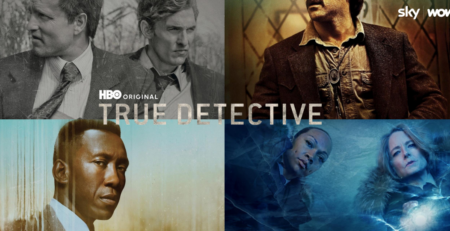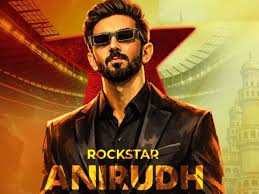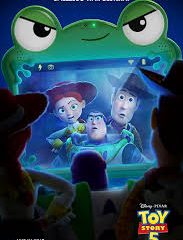The Cultural Impact of True Detective

Introduction
True Detective, an anthology crime drama series on HBO, has become a significant part of contemporary television. Known for its deep character studies and intricate storytelling, the series addresses moral ambiguity, personal demons, and the dark corners of the human experience. As television has evolved, so has the audience’s craving for gritty, thought-provoking narratives, making True Detective a relevant topic for discussion.
Overview and Seasons
Created by Nic Pizzolatto, True Detective debuted in January 2014 and quickly captured the attention of viewers and critics alike. Each season features different characters and storylines, which allows for fresh narratives while exploring similar themes of crime and human nature.
The first season, set in Louisiana, starred Matthew McConaughey and Woody Harrelson as detectives on a 17-year hunt for a serial killer. The season earned critical acclaim and numerous awards, including several Primetime Emmys, securing its place as a landmark in TV history.
The second season, released in 2015, set in California, featured Colin Farrell, Rachel McAdams, and Vince Vaughn, but received mixed reviews despite its ambition. The latest season, released in 2019, marked a return to form with Mahershala Ali taking the lead role in a complex narrative spanning multiple timelines.
Impact and Legacy
True Detective’s unique approach to storytelling and character development has influenced a wave of neo-noir programming. It opened doors for discussions on philosophy, existentialism, and the human psyche within the crime genre. Its success has led to an increase in serialized storytelling, which allows for deeper explorations of themes and characters over multiple episodes.
The show’s cinematography and atmospheric score, particularly the work of musician T Bone Burnett, have set a standard for visual storytelling in television dramas. True Detective has also sparked debates regarding its portrayal of violence, gender, and race in America, reflecting larger societal issues.
Conclusion
As audiences continue to seek complex narratives that challenge traditional storytelling, True Detective remains an essential part of the discussion on modern television. Its impact can be seen in the rise of high-quality productions across various streaming platforms, reshaping how stories are told. Looking ahead, True Detective may continue to evolve or inspire similar anthology series that further explore themes of morality, crime, and humanity, ensuring its legacy endures.









